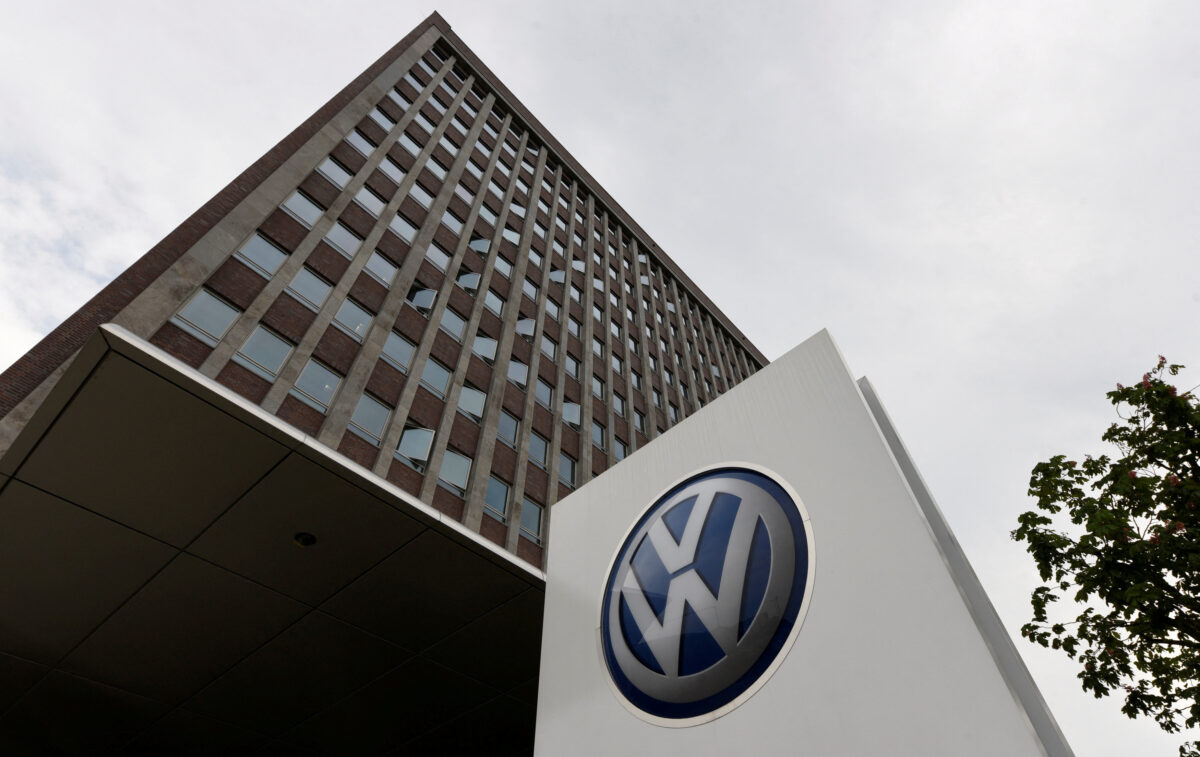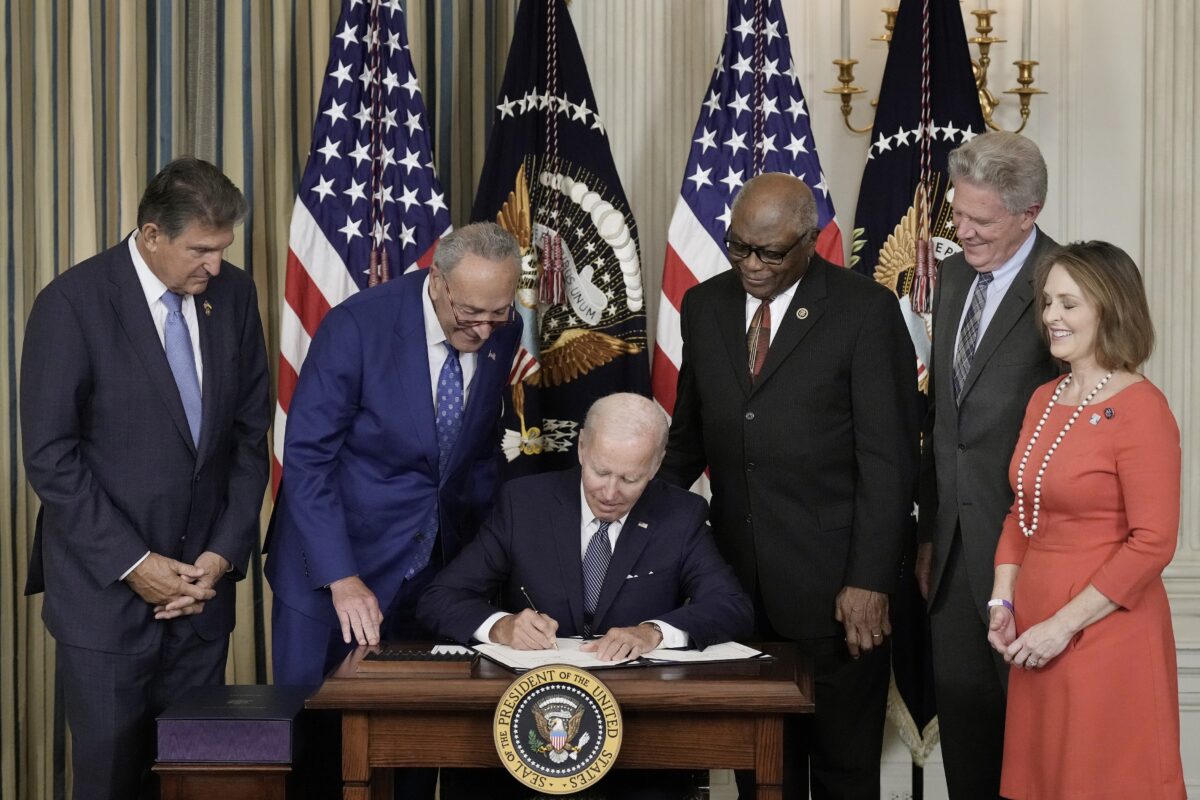Reinstating ’22 budget harms Biden’s green energy plans.
DOE Warns Against Scaling Back Budget Request
The U.S. Department of Energy (DOE) is urging Congress not to scale back its $52 billion Fiscal Year 2024 (FY24) budget request to FY22 funding levels. DOE Deputy Secretary David Turk warns that doing so would raise costs for consumers, taxpayers, and industry, while derailing momentum in “re-shoring” domestic manufacturing capacity.
Green Energy Incentives Generating Investor Interest
DOE reports that “green energy” incentives offered in 2021’s Bipartisan Infrastructure Law (BIL) and 2022’s Inflation Reduction Act (IRA) are generating increasing investor interest in emerging technologies and revisioned industries, including manufacturing. Sen. Martin Heinrich (D-N.M.) notes that the IRA helped induce “a record year” in U.S. manufacturing development in 2022 with $150 billion in investments to build 46 factories that will employ more than 18,000 workers.
“We are seeing momentum for re-shoring and we expect to see even more” in 2023 and beyond, Turk agrees, noting much of the proposed 12-percent funding increase in DOE’s FY24 budget request either implements or sustains initiatives funded in the BIL, IRA, and CHIPS & Science Act.
Need Budget Boost to Spend BIL, IRA Money
The BIL, IRA, and DOE’s FY24 budget request are all geared to support “cheap, clean, and abundant energy” to drive the economy while incentivizing domestic energy sourcing, generation, and transmission, said chair Sen. Patty Murray (D-Wash.).
“DOE’s budget has tremendous implications for our national security and global competitiveness,” Murray said. “We have to lock arms and work together to make sure our funding keeps pace” with competitors, such as China.
Impacts of Reverting to FY22 Level Funding
DOE Deputy Secretary David Turk warns that imposing FY22 funding levels would repeal or retard “all those historical provisions” in the BIL and IRA “at this critical, critical moment, as we are gaining momentum—$150 billion in manufacturing investment—all of that is pulled back at this critical moment, as we’re actually making progress,” which would dramatically impair the “competitive side” of the equation.
- The $62 million weatherization program “that is incredibly popular” would be an immediate casualty.
- More than 12,000 American businesses and corporations would not receive energy-saver rebates approved by Congress in 2022.
- Consumers would pay $1 billion a year more in energy bills.
- There would be “a significant reduction in research and development.”
- The DOE would need to ”lay off 5,200 scientists and others who work at our labs,” he said, and trim about 2,600 lab spaces for the department’s commercial and university research “partners” who will find somewhere else to do their work.
Sen. John F. Kennedy (R-La.) said he supports green energy but is leery of the massive investment being committed to quickly transitioning away from fossil fuels to renewable non-carbon energies before anyone knows what will happen.


" Conservative News Daily does not always share or support the views and opinions expressed here; they are just those of the writer."





Now loading...